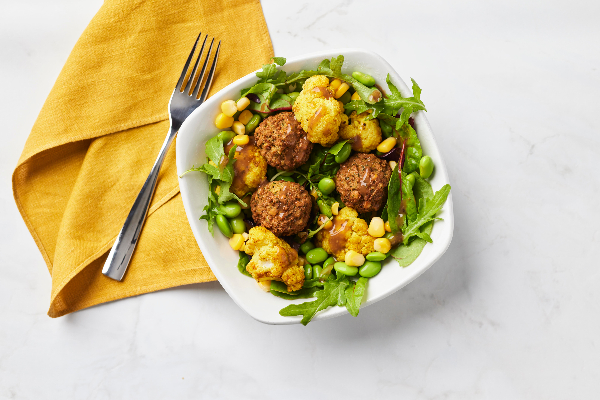This article explores the concept of a personalized approach to nutrition, emphasizing the importance of whole foods, protein, and minimal sugar intake while debunking the one-size-fits-all diet myth.
What is the best diet?
This is one of the most common debates in the nutrition world. A quick browse online and you will find a wide array of answers to this question. They come from ‘nutrition experts’, personal trainers and health gurus. Should you be paleo? Vegan? Mediterranean? Low fat? No carbs?
The idea that there is a best diet that will work for everyone is a myth in itself. People are unique. They have different genes, which influence things such as fat and carbohydrate metabolism or lactose intolerance.
Other influencing factors
- Your geographic region will determine what foods are available to you.
- You have a unique composition of gut bacteria that digests some of your food.
- Your dietary needs differ depending on your age, sex and type of exercise you do.
All of these factors mean that not every diet is going to work for you. For example, which diet is better for weight loss? A low fat and high carbohydrate diet or a high fat and low carbohydrate diet? Studies show people lose about the same amount of weight on both of these diets. What is more interesting is the huge variability between people.
Whilst some people on these diets will lose lots of weight, some other people on the same diet will gain weight. What this shows us is that just because a diet works for another person, it might not work for you.
Personalising your approach to nutrition

We need to move away from the culture of eating an overly restrictive diet. There should be a more personalised approach to nutrition. We recommend starting with the basics:
- Eat whole or minimally processed foods
- Eat plenty of fruit and vegetables
- Have enough protein in your meals
- Minimise sugar, alcohol, and very processed foods.
From there you can adjust your diet to see what works best for you. Pay attention to your body during and after your meals. Are you full for hours after your meal or are you still hungry and need to snack soon after? You might need more protein, fibre, or just more food in your meal.
Adjust the ratios of fats and carbohydrates in your meals to suit you. Perhaps you notice you feel tired after you’ve eaten too many carbs or that you crave sugar after too few carbs.
This approach may sound daunting, but it is far more rewarding and empowering to decide for yourself what the best diet is for you.
If you’re looking for new meal ideas and inspiration, take a look at our recipes.








